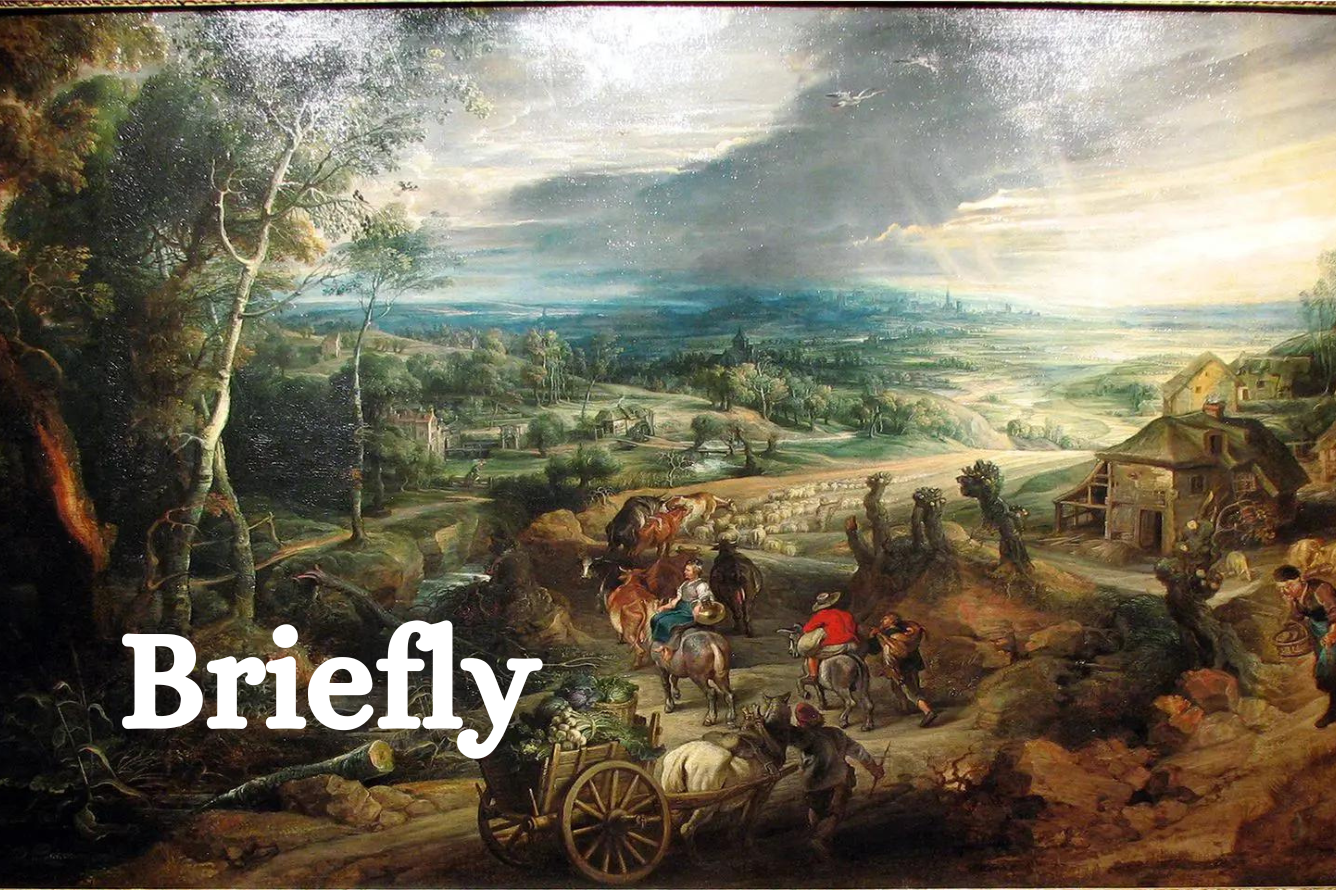John Crowe Ransom on Leisure

It's hard to pick a favorite essay from I'll Take My Stand, but the lead essay by John Crowe Ransom, "Unreconstructed but Unregenerate," is a leading candidate. The essay spends ample time criticizing what Joseph Pieper also condemned: the world of "total work." Ransom aimed his condemnation at the industrialized North's obsession with work and material gain.
Such criticism, however, was easy by the time Ransom wrote. Who couldn't have looked at the industrial grotesqueries that Detroit, Buffalo, Cleveland, and Pittsburgh had become by the time of the Great Depression without seeing immediately something terribly, terribly wrong? Sure, some people couldn't see it, those with no aesthetic sense, and perhaps Satan, but most people could see that something was amiss in those concrete seas. Thoreau saw the trouble developing at the beginning, a hundred years earlier; by the time Ransom contributed his essay, the troubling landscape had bloomed, evident to anyone with a modicum of delicacy.
But Ransom didn't stop with criticism of the North. He went on to recognize the laziness of the South. Labor, he pointed out, is necessary to build a patrimony so people can practice the art of living. The South had lost most of their patrimony through the Civil War and Reconstruction but had done virtually nothing to regain it during the subsequent fifty years. Ransom described the problem vividly:
The Southern tradition came to look rather pitiable in its persistence when the twentieth century had arrived, for the establishment was quite depreciated. Unregnerate Southerners were trying to live the good life on a shabby equipment, and they were grotesque in their effort to make an art out of living when they were not decently making the living. In the country districts great numbers of these broken-down Southerners are still to be seen in patched blue-jeans, sitting on ancestral fences, shotguns across their laps and hound-dogs at their feet, surveying their unkempt acres while they comment shrewdly on the ways of God. It is their defect that they have driven a too easy, an unmanly bargain with nature, and their aestheticism is based on insufficient labor.
